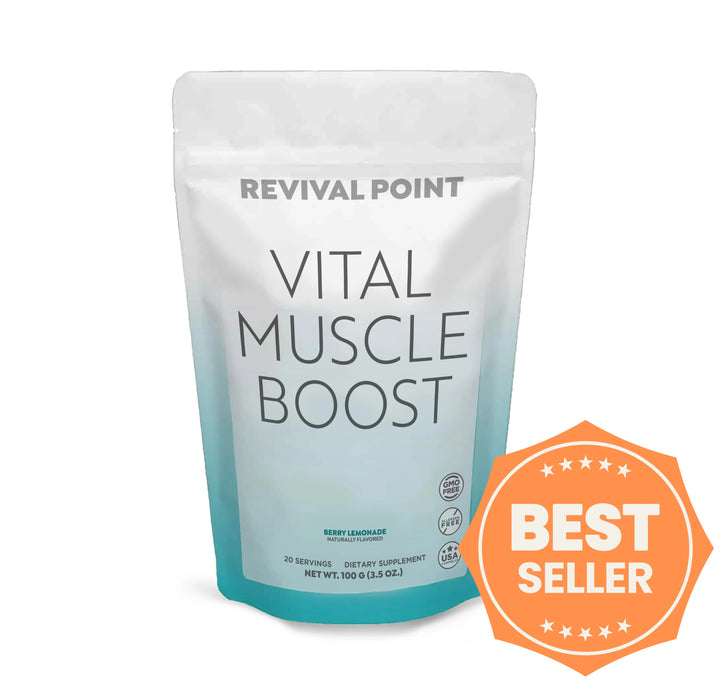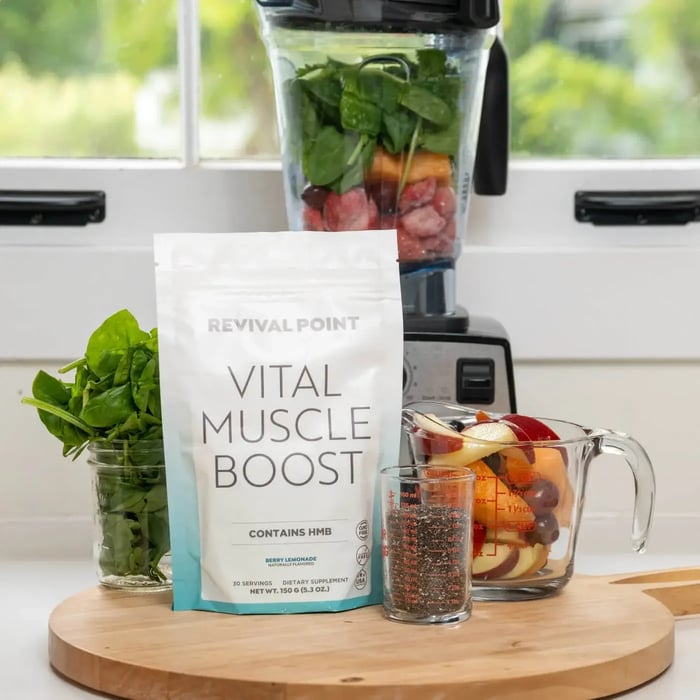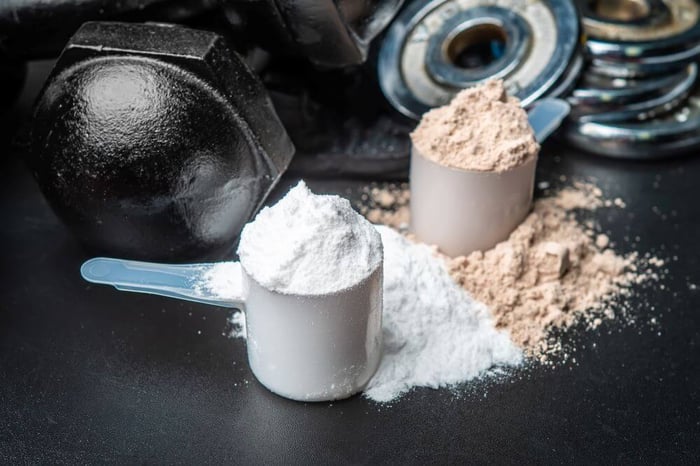The Critical Role of Skeletal Muscle in Overall Health and Aging
Recent research in geriatrics and nutritional sciences underscores the significance of skeletal muscle health in overall wellbeing, especially as one ages. Contrary to common focus on obesity, it is now understood that many age-related issues, including falls, memory problems, and metabolic disorders, are closely linked to the condition of skeletal muscle rather than just body fat.
Understanding Sarcopenia and Its Onset
Sarcopenia, defined as the loss of muscle mass and function, is a condition often associated with aging. However, studies indicate that the decline in muscle health can start as early as in one's 30s, correlating with various metabolic diseases. This early onset highlights the necessity of maintaining muscle health to prevent age-related ailments.
The Integral Role of Skeletal Muscle in Metabolic Health
Skeletal muscle, making up about 40% of body weight, is a crucial metabolic organ. Its roles extend beyond physical strength, encompassing critical functions such as glucose disposal, serving as an amino acid reservoir, aiding in fatty acid oxidation, and playing a part in immune regulation.
The Significance of Dietary Protein in Muscle Health
Emerging research emphasizes the importance of dietary protein in maintaining muscle health. The thermic effect of dietary protein and its influence on the basal metabolic rate are essential aspects of muscle health. This is particularly crucial in the context of aging, where muscle maintenance becomes increasingly challenging.
Recommendations for Protein Intake
The role of dietary protein in maintaining muscle health, especially for individuals over 50, is increasingly underscored by scientific research.
Proteins are fundamental in preserving muscle mass and function, a crucial factor in countering age-related muscle deterioration known as sarcopenia.
The thermic effect of protein – the energy expended during digestion, absorption, and distribution of nutrients – contributes significantly to the basal metabolic rate, an essential factor for energy balance and weight management in older adults.
As we age, the body's efficiency in processing protein diminishes, necessitating a higher intake to maintain muscle health.
A study published in the "Journal of the American Medical Directors Association" suggests that individuals over 50 may require at least 1.0 to 1.2 grams of protein per kilogram of body weight per day, considerably higher than the general RDA for protein.
This increased intake is vital for enhancing muscle protein synthesis, a key process in maintaining muscle mass and strength.
Dietary protein plays a significant role in mitigating the effects of age-related anabolic resistance – the reduced ability of the body to build muscle in response to protein intake.
Incorporating adequate high-quality protein into the diet, coupled with regular resistance training, can counteract this resistance, as evidenced in a study from "The Journal of Nutrition, Health & Aging.
The Superiority of Animal-Based Proteins
The choice of protein source plays a pivotal role in ensuring optimal health, particularly for individuals over 50.
Animal-based proteins are often favored in dietary recommendations due to their complete amino acid profile, which aligns closely with human physiological needs.
This comprehensive array of essential amino acids is crucial for muscle repair, immune function, and overall metabolic health, making animal proteins highly efficient in meeting the body's demands.
Beyond just the presence of amino acids, the quality and source of animal proteins significantly impact their health benefits. Pasture-raised and grass-fed meats, as well as wild-caught fish, are superior choices compared to their conventionally raised counterparts.
Grass-fed meats are higher in beneficial nutrients like omega-3 fatty acids and conjugated linoleic acid (CLA), which have been linked to reduced inflammation and improved heart health, as noted in studies published in the "Journal of Animal Science" and "Nutrition Journal."
Similarly, wild-caught fish, such as salmon and mackerel, are rich in omega-3 fatty acids, crucial for maintaining heart health and cognitive function, especially in older adults.
A study in the "American Journal of Clinical Nutrition" highlighted the role of omega-3s from fish in reducing the risk of age-related cognitive decline.
In contrast, plant-based proteins often lack one or more essential amino acids, making it challenging to fulfill the body's complete protein requirements.
While plant-based diets can be healthful and sustainable, aging individuals need to be particularly mindful of their protein sources to ensure they are meeting their body's needs for all essential amino acids.
Furthermore, the quality of animal-based proteins extends to gut health, an aspect increasingly recognized as vital for overall well-being in aging populations.
Pasture-raised and grass-fed meats, as well as wild-caught fish, are less likely to contain antibiotics and hormones, which can disrupt the gut microbiome.
A healthy gut microbiome is linked to improved immune function, better digestion, and reduced inflammation, as per research in the "Gut Microbes" journal.
This is particularly important for those over 50, as gut health tends to decline with age, impacting nutrient absorption and overall health.
The Synergy of Exercise and Protein Intake
Alongside dietary protein, exercise, particularly resistance training, plays a vital role in maintaining muscle health.
It stimulates muscle growth and complements the muscle’s response to dietary protein, forming a comprehensive approach to muscle health.
Rethinking Muscle Health for Longevity
By focusing on muscle health through proper nutrition and exercise, individuals can significantly impact their metabolic health, potentially altering the trajectory of aging and disease.
Transform your muscle health with Vital Muscle Boost, featuring the power of HMB.
Perfect for aging adults aiming to preserve muscle mass and maintain strength, this supplement is your ally in healthy aging. Don't let age define your vitality.
Take charge of your muscle health and embrace a stronger, more vibrant you.
Click here to unlock your potential with Vital Muscle Boost – because it's never too late to invest in your strength and wellness
$59.95
Vital Muscle Boost combines HMB with Vitamin D3 to promote muscle health throughout the aging process. Scientifically supported, HMB helps preserve muscle mass and protein levels, while Vitamin D enhances calcium metabolism to maintain stronger bones over time.Vital Muscle Boost… read more
Vital Muscle Boost HMB + Vitamin D - Supports Muscle Mass in Ageing individuals

References:
- "Sarcopenia: Muscle Mass and Aging," Journal of the American Geriatrics Society.
- Layman, D. K. et al., "Dietary Protein and Exercise Have Additive Effects on Body Composition during Weight Loss in Adult Women," Journal of Nutrition.
- Wolfe, R. R., "The underappreciated role of muscle in health and disease," American Journal of Clinical Nutrition.





